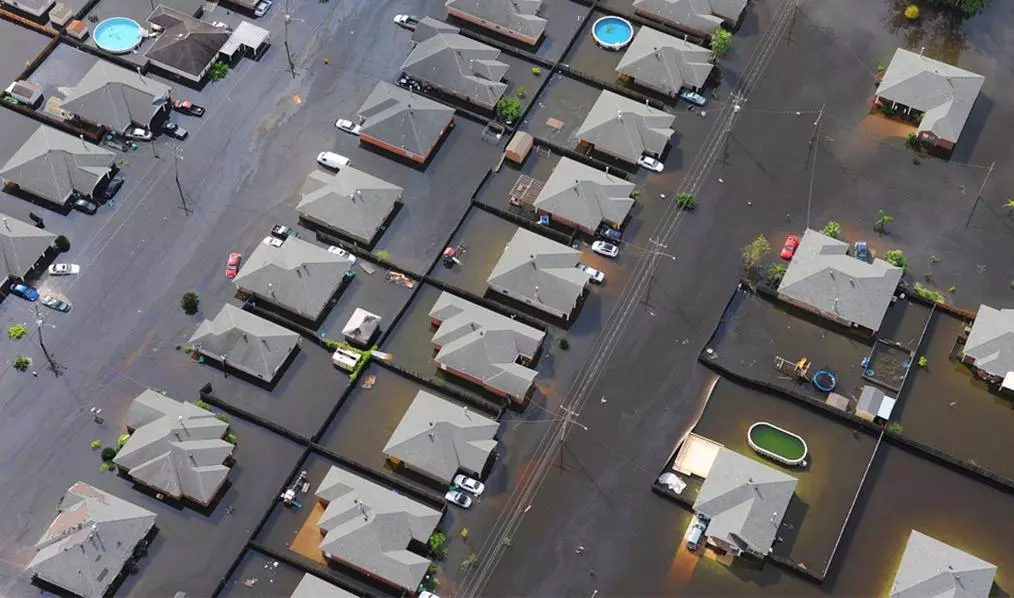Louisiana Taxpayers affected by the 2016 floods should consider reviewing the tax returns they filed for that year.
2 major changes to the tax code recently have created even more opportunities for write-offs for those Taxpayers who suffered losses because of the flooding.
- If a Taxpayer had more than $500 in losses that weren’t covered by insurance or government grants, these expenses can be deducted from taxable income, even if the Taxpayer did not itemize deductions
- If a Taxpayer withdrew money from a retirement account early to cover expenses incurred as a result of the floods and was required to pay a 10% penalty, they can now get that back AND can spread the “income” over a 3 year period in an effort to keep that Taxpayer in a lower tax bracket
Per The Advocate’s recent article on the matter, according to Representative Garret Graves, “this is literally hundreds of millions of dollars in federal money that’s out there waiting for people to effectively apply for it… it is really important for people to do this.” Senator Bill Cassidy stated that “when working on the tax cut bill, including this disaster tax relief was my top priority… the ability to refile 2016 tax returns with the deduction for uncompensated losses can mean thousands of dollars for these recovering families.”
Taxpayers will need to amend their 2016 return via IRS Form 1040X to recapture the deductions. The IRS allows a 3-year window of time to file a return and collect a refund (RSED), so this must be done prior to 4/15/2020. The IRS will refund the difference between what affected Taxpayers paid in 2016 vs. what they owe under these new rules.





















